At the beginning of April I set out to write about Autism Awareness Month and my less-than-enthusiastic feelings which accompanied it. My focus was on the fact that awareness goes only so far, and that action was more critical to progress on the autism front. I wrote that in part two of the piece, which you’re reading now, I’d give an honest explanation as to why I shun autism celebrations. So here goes.
You need not read further than this if you simply want the reason: I am not going to celebrate the fact that my son is ill. Call me crazy, but in my opinion illness that robs an individual of potential and steals his health and well being should NOT be celebrated! Using the straightforward and widely accepted definition of what it means to celebrate, I cannot and will not “acknowledge a happy event with a social gathering or enjoyable activity” when it comes to autism. I cannot ethically honor the disease that took away his voice, his ability to live independently, to have friendships, to read books, to sleep through the night, to poop everyday, to reason effectively, to make a phone call, to buy himself a CD, to go to college, to make himself a sandwich, and more. Autism is a disease. He was not born that way. It is not a genetic mutation. It’s not the evolution of the human being. And autism certainly is not quirkiness with a side of special talents.
I have five binders (so far) full of medical test results that show various, extensive abnormal findings which no medical expert to date can effectively treat. You know what they all say? It’s a part of autism. That’s right, he has high levels of heavy metals in his body because it’s just a part of autism. He has impaired methylation because it’s a part of autism. Everything we have investigated in an effort to bring him health and happiness provides information about something wrong in his body, and “it’s just a part of autism, mom and dad.” Oh! Gee whiz. I feel so much better knowing that all the flagged findings on his latest fatty acid metabolism profile are due to autism! Citric acid cycle screwed up? Fumarate levels through the roof? Come on now, it’s his autism. Neurotransmitter metabolism markers running extremely high again? Yup. Must be due to good ole autism. In fact, I’ve had doctors tell me these things are “normal” for autism. And when asked what can be done about it to help his body stabilize and function more optimally, the doctors say that there’s no cure for ASD.
Well, perhaps there’s no cure yet. But there are treatments for what ails him, right? Take the word autism out of the equation, and treat what is disordered in his body. Anything wrong with that approach? Apparently, in mainstream medicine there is. That’s why we’ve turned to alternative practitioners. But that’s another blog for another time.
Relying on the common definition, a disease is a disorder of structure or function in a human, animal, or plant, that produces signs or symptoms and impairs normal functioning. What’s that? Disorder? According to the DSM (the catalog, if you will, of all things diagnosable) autism is classified as Autism Spectrum Disorder, or ASD, 299.00 (F84.0). Disorder refers to disruption of systematic functioning. Well golly – what we’re dealing with is something that has uncomfortable and often painful symptoms. There’s a disruption of systematic functioning. Various impairments. Given that, how can anyone define autism as “different wiring?” I googled “different wiring” and “differently wired.” I even looked it up in DSM. Nope. Nothing. Nada. Unless I want an electrician.
So is having an illness a reason to celebrate? Does the hardship that comes with the illness and dysfunction tempt one to seek an enjoyable get-together in its honor? While I understand wanting to support those with autism and acknowledge their strengths and interests while accepting their differences, I do not understand the shift currently taking place that focuses on celebrating autism. For me, celebrating something means generating joy. We celebrate birthdays, holidays, graduations, anniversaries. People drink green beer on St. Patrick’s Day. People send bouquets on Mother’s Day. Kids wear costumes to celebrate Halloween. Kool & The Gang gleefully invited us to bring [our] good times and [our] laughter too because they were gonna celebrate and party with [you]. I guess I could find a fatty acid costume and drink blue beer in a puzzle-piece adorned stein. On second thought – no.
Can we imagine a PSA on TV or in a print ad asking us to celebrate Alzheimer’s Disease? Do those with sickle cell anemia celebrate sickle cell anemia? I had HELLP Syndrome; I don’t celebrate HELLP. I recognize that I had it. I recognize that other women have had it and remember in my heart those who lost their lives to it. I might educate people about HELLP and raise funds for research. But I don’t celebrate it. I celebrate that I survived it. That kind of celebration is tinged with bitterness, as is, I suppose, all such celebrations for people who survive something or beat the odds in some way. I think taking a more specific approach to what we are celebrating is necessary.

©KeriMeHome
So when it comes to autism and awareness month, I won’t raise a glass to the disease. I won’t rejoice in the fact that my son suffers and won’t live an independent life. If my child had some differences in the way he related to people and the world around him MINUS the medical problems, well, it wouldn’t be right to call that autism spectrum disorder. People who relate to others in unique ways don’t have a disorder! I think that many people have the impression that autism refers to those who are quirky, intensely bright, and socially awkward. An autistic person (I don’t like that term) in society’s opinion might be someone who talks endlessly about their interests while not caring much about anyone else’s interests. And while some have the perspective that “high functioning autism” means easy autism, I’ve not seen anyone labeled high functioning who has it easy. No, I won’t celebrate when the result is putting autism in a false light. If I were to ask my son if he enjoys not being able to speak like everyone else, I’m pretty sure his answer would be a resounding NO. If I asked him if having uncontrollable repetitive behaviors was the highlight of his day, I know he’d tell me that he hates not being in control of his body. If I suggested that we celebrate those symptoms because “it’s just a part of the autism,” I think he’d want to deck me. Justifiably so.
I believe that associating celebration and autism gives people the impression that all is fine and wonderful. Oh! You have autism in your life! What a blessing! What’s your son’s special talent? (Yes, I’ve been asked that). You know those advertisements for pharmaceutical drugs that populate every commercial break? They depict people with all kinds of ailments from psoriasis to blood clots to IBS as happy, beautiful individuals who are living life to the fullest while playing golf, exploring waterfalls, and barbecuing steaks for a crowd. I don’t know about you, but if my skin hurt, if my lungs had embolisms, and if my bowels kept me in a restroom more than out of one, I wouldn’t be golfing, hiking, or entertaining. If you concentrate on the images in these ads and ignore the fact that they are depicting people who are unwell, you can end up thinking that it ain’t so bad to be sick! You look magnificent and you can still have fun! Well my child has ASD and does have fun, but I can’t help thinking about how much better his quality of life would be if the medical problems called autism disappeared altogether.
There are folks out there who could read this and think that I don’t love my son because I hate the autism. Not true. I hate the autism for robbing him of everything I have described here and everything I have not. He is not autism. Autism is not him. He has autism in the same way another person has MS. That person has every right on the planet to say they hate having MS for what it does to their body. I love my son. Love him beyond the moon and back. The person he is and the soul he possesses are of indescribable value. I do not refer to him as autistic though. He is Zach, and I cherish him no matter what.

©KeriMeHome
As to the neurodiversity movement that suggests and encourages all those with variations in neurocognitive functioning be celebrated for who they are…I say yes! Recognize, accept, celebrate all those glorious, marvelous, beautiful neurodivergent individuals and the gifts they bring to the world. What I write of and speak of is not based on shunning neurodivergent people in any way. If my son had neurodiverse attributes (forgive me if my terminology is rough), was verbal, able to advocate for himself, able to attend college and live alone, hold a job, and manage his finances, without needing medical intervention for ASD, then that would be grand! My current understanding, given my limited research into neurodiversity, is that people can and do call themselves neurodivergent and do not need, seek, or require a neurologist’s evaluation and diagnosis. Most of us can agree that for a diagnosis of autism, there IS a board-certified M.D.’s or Ph.D’s evaluation and diagnosis required, which follows the five criteria for ASD as outlined in the DSM. Celebrating neurodiversity is a positive thing to do. I am not equating autism spectrum disorder with neurodiversity. ASD is an illness; ND is not.
So I will celebrate. I celebrate my son everyday in small ways, and some days in big ways. I honor HIM. The brave, tough, smart, determined soul who has taught me so much. I pay tribute to HIM as a person. I refuse to call him autistic; he is a person with autism. A person afflicted by autism. He’s an individual who should have every opportunity for a full, happy, healthy life. Autism has robbed him of such opportunities. He’s been “excused” from day care and after school programs, from recreational lessons, from certain types of therapy, and more. (They were hoping he’d be more high functioning or at least have some language). He’s never read a book on his own, never gone on a sleepover, never saved his allowance to go buy a desired toy. He’s never talked to a friend on the phone. Never packed a small suitcase to go see his grandparents without us. I will choose to celebrate him and support him in all the ways humanly possible. And my never-ending hope is that he will be able to do all those things and more someday – if he so desires – but I won’t.celebrate.autism when it is the very thing that keeps him locked in certain isolation like a prisoner.
So when Autism Speaks asks How will you celebrate Autism Awareness Month? I want to puke. Just as I believe there should be a shift from awareness to action, I believe there should be an adjustment from celebrating the disease to celebrating the person. And not just in April. All months. Every day of every month. A celebration going on right here. A celebration to last throughout the years. Did I give you a Kool & The Gang earworm? Well, there’s a party goin’ on right here; it’s in my house 24/7/365 and sometimes it rocks and sometimes it sucks. I think Zach’s communication device needs a button that allows him to say THIS SUCKS. After all, he’s a teenager with ASD who would probably love to go out on a date to celebrate his 18th birthday. The day he independently presses that new button: wow, am I gonna CELEBRATE!

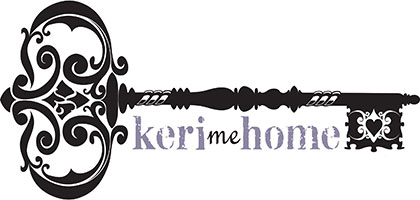
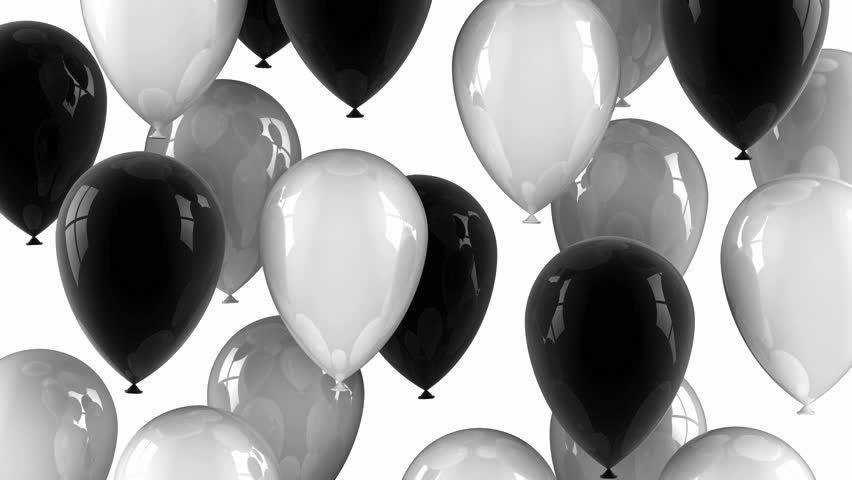
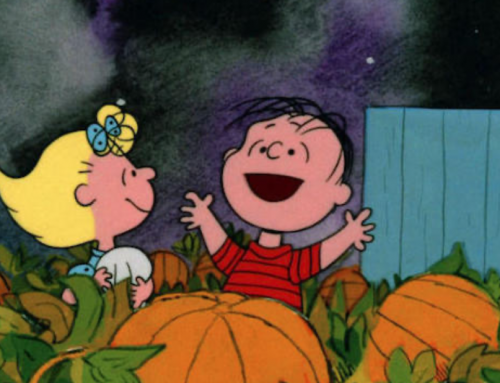
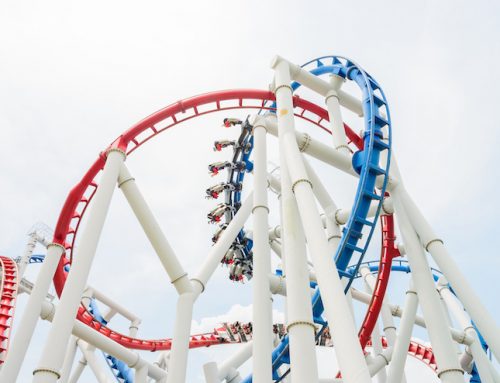
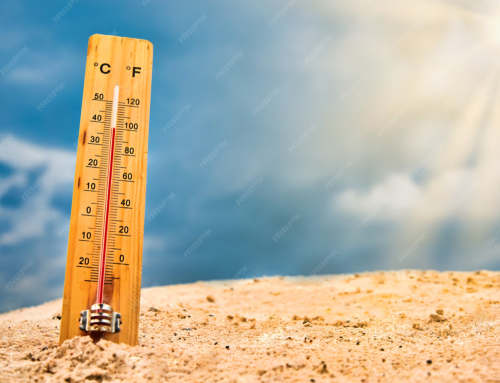


Good article again Keri!
Do glad you can pour out all you go through and all that Zach goes through.
You are a very good mother and educator to the rest of us.
I absolutely could not have said this better!!!
Another great article written by my rockstar sister!!!! : )